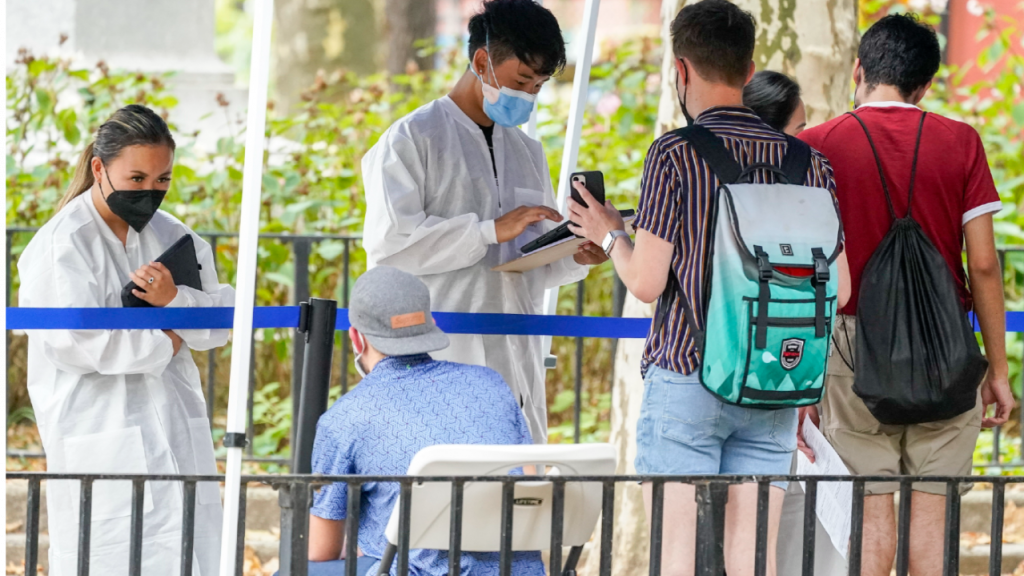
New York City urges WHO to rename monkeypox to avoid ‘stigmatizing effects’
The head of the New York City Department of Health and Mental Hygiene called on the World Health Organization (WHO) to rename monkeypox to prevent the “potentially devastating and stigmatizing effects” that the virus’s name could bring about.
Commissioner Ashwin Vasan wrote to WHO Director-General Tedros Adhanom Ghebreyesus in a letter on Tuesday expressing his concerns over how his city was again “at the epicenter of a contagious disease that is affecting the fabric of our communities.”
“Further, we have a growing concern for the potentially devastating and stigmatizing effects that the messaging around the ‘monkeypox’ virus can have on these already vulnerable communities,” Vasan wrote, urging the Tedros to follow through with what his organization said it would do last month.
During a press briefing on June 15, Tedros announced that the WHO was working with global partners and experts to change the name of monkeypox, saying a new name would be given “as soon as possible.”
Vasan said he had a “serious concern” over exclusively using the term “monkeypox” to refer to the virus due to the “painful and racist history” associated with the name. He also noted that the name itself was misleading, as the virus is not believed to originate in monkeys.
“The language we use in public health matters, and it has tangible effects on the safety of communities most at risk for poor health outcomes,” wrote the commissioner.
He noted how hate crimes against Asians and Pacific Islanders increased throughout the COVID-19 pandemic due to the stigma and racist names that were linked to the virus. Former President Trump was regularly criticized for referring to COVID-19 as the “Wuhan virus” and the “China virus.”
More than 3,500 monkeypox cases have been confirmed by the Centers for Disease Control and Prevention so far, with New York currently leading by far in terms of cases. These numbers likely reflect an undercount as testing has been limited.